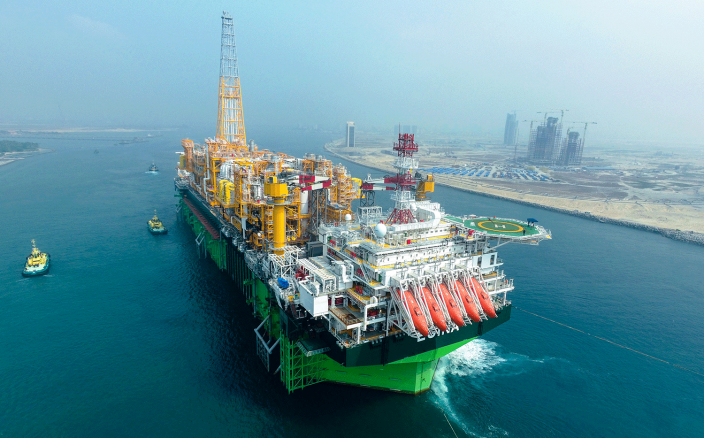
Nigerian President Muhammadu Buhari has said the country will soon pass the Petroleum Industry Bill (PIB), various versions of which have been in the offing for more than 10 years.
The president, speaking at the celebration of Nigeria’s 59th anniversary, said amendments to the Deep Offshore Act and Inland Basin Production Sharing Contracts Act would also be passed into law. The intention of this is to ensure the government receives a “fair share of oil revenues, whilst encouraging private sector investment”.
Buhari refused to sign off on a previous iteration of the PIB, the Petroleum Industry Governance Bill (PIGB) in 2018. He rejected the PIGB on the grounds that it would reduce the power of the petroleum minister, a position held by the president.
Senate President Ahmad Lawan said last week that the PIB would be passed before the end of 2020. Lawan went on to call for the security agencies do more to ensure operations.
New investments are crucial to securing Nigeria’s future oil production. The head of Nigerian National Petroleum Corp. (NNPC) Mele Kyari was quoted by Reuters this week as saying the country intended to increase production to 3 million barrels per day within the next two or three years. This seems unlikely.
The president criticised his predecessors for making the government too dependent on the oil sector. The “administration is committed to responsibly managing our oil wealth endowments. We will continue to prudently save our oil income and invest more in the non-oil job-creating sectors,” he said.
Buhari’s speech also doubled down on the efforts to combat militancy in the Niger Delta. “We will also continue our fight against illegal bunkering of crude oil and the smuggling of refined petroleum products across our borders, including the diligent prosecution and conviction of offenders found guilty of these acts,” he said. The country would “take all necessary steps to tackle illegal smuggling, transshipment and other predatory trade practices that destroy jobs in our country”.
As part of Abuja’s efforts to increase security in the oil-producing region, Buhari noted the transfer of the Niger Delta Development Commission (NDDC) to the Ministry of Niger Delta Affairs. The president said this had been driven by a commitment to “enhance the living standards of our communities in the Niger Delta”. He also noted the work going ahead on the Ogoniland clean up.
The NDDC is financed by a 3% charge on oil companies’ spending in Nigeria. As such, it has substantial resources that are largely unchecked by the central government. The commission has been dogged by scandal. In mid-September, a number of former NDDC officials were summoned to a committee at the House of Representatives over abandoned projects and the alleged lack of value for money spent.
